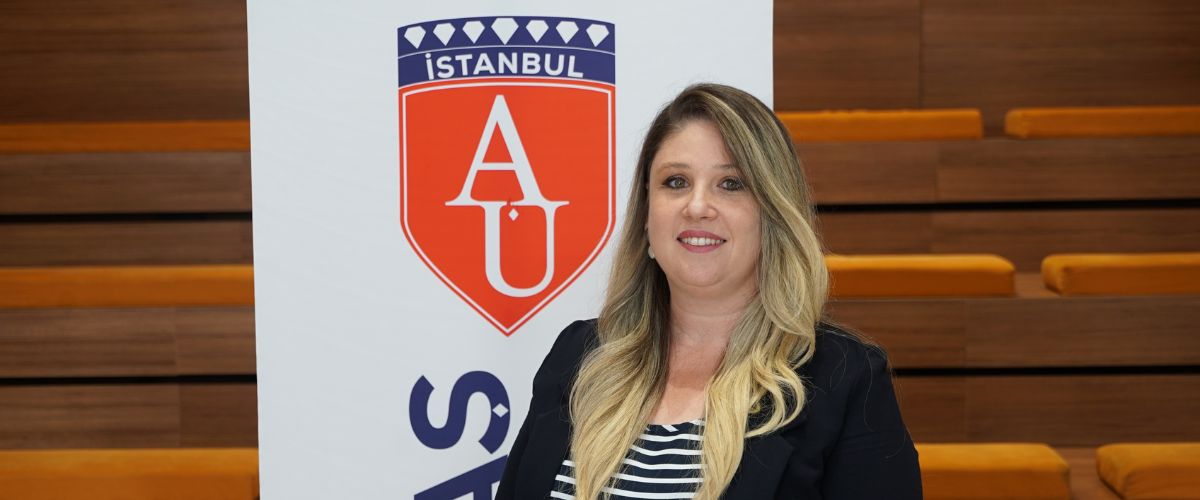How Will the Instagram Ban Affect Expected E-Commerce Figures?
Dr. Deniz Akgül from Altınbaş University Faculty of Business Administration talked about the closure of Instagram in Türkiye and the impact on E-Commerce and future possibilities.
The fact that Instagram was closed for 9 days in the past days had a great echo in the e-commerce sector. For the year 2024, Dr. Deniz Akgül, who made statements about how the expectation announced by the Ministry of Commerce will be affected, said: “It is known that e-commerce activities carried out through social media constitute approximately 10 percent of the total e-commerce volume in Türkiye. In this context, a daily e-commerce volume of approximately 1.9 billion TL is expected to be affected by this situation."
Dr. Deniz Akgül, Head of the Department of International Trade at Altınbaş University, made important evaluations about the closure of Instagram, which has become an important pillar of e-commerce in Türkiye, for 9 days.
“Small businesses faced the risk of losing a large part of their income”
Underlining that the platform plays a critical role in reaching the customer base for both small businesses and big brands, Prof. Dr. Deniz Akgül said, “With the closure of Instagram, big brands as well as small businesses selling on Instagram faced the risk of losing a large part of their revenue. Businesses had to stop their advertising campaigns on Instagram. This had a negative impact, especially for digital marketing agencies and social media managers. Again, the Instagram DM (Direct Message) feature is a heavily used channel for customer service. Due to the shutdown, businesses had difficulty communicating with their customers, which negatively affected customer satisfaction."
The most affected sectors were fashion, cosmetics, tourism and accessories
“There has been a serious decline in the sales of businesses operating in sectors such as fashion, cosmetics, tourism, jewelry and accessories, as they are among the groups that benefit the most from the visual-oriented structure of Instagram,” said Dr. Akgül and continued his words as follows:
"Especially boutique-style small businesses appeal to a large customer base on Instagram. These businesses, which realized a large part of their sales from this platform, suffered a serious loss of income due to the closure. Beauty and care products are also among the products heavily marketed on Instagram. Sales through makeup artists and beauty blogs dropped significantly after the shutdown. Small businesses selling personal handicraft products, especially women entrepreneurs working from home, are among those most affected by the Instagram shutdown. Again, businesses in the tourism sector such as small hotels and tourist guides were also providing their visibility through this platform. Leaving aside the social aspect of the business, these businesses had the opportunity to reach a wide audience with low budgets, and the shutdown took away this opportunity."
Different platforms were turned to: There is a spirit of solidarity
Stating that small businesses trying to protect themselves from this situation had to turn to different platforms in this process, Akgül said, “Platforms such as Shopify, Wix, WooCommerce were used by businesses to quickly create an online store. Again, many businesses started to create WhatsApp and Telegram groups for customer communication and order intake. Instagram's sister platform Facebook or TikTok, which have not been preferred by Generation Y and Z for a long time, have also started to be used as temporary solutions. However, the fact that these platforms do not provide the same efficiency for visual-oriented sales strategies is one of the main problems expressed by many businesses. At this stage, it is evident from the posts that customers are very willing to support businesses. There is a spirit of solidarity. Many customers tried to support these businesses by shopping on new social media platforms where their preferred small businesses started to sell."
“It may make it difficult to reach the expected e-commerce volume”
Finally, Dr. Deniz Akgül from Altınbaş University said that “Instagram's closure may make it difficult to reach Türkiye's e-commerce volume of 3.4 trillion TL targeted for 2024” and concluded his words as follows:
"E-commerce is now a commercial system that consumers cannot give up. According to the data of the Ministry of Trade, the 2024 E-commerce volume expectation is 3.4 trillion. Therefore, businesses that do not want to lose this area have to develop new methods in the face of any difficulties. This may lead to the rapid popularization of new social media platforms and new e-commerce-oriented applications.
Small businesses have looked for ways to get out of this situation with the least damage. Rapid adaptability, loyal customers and quick adaptation to new platforms are always critical for survival."


